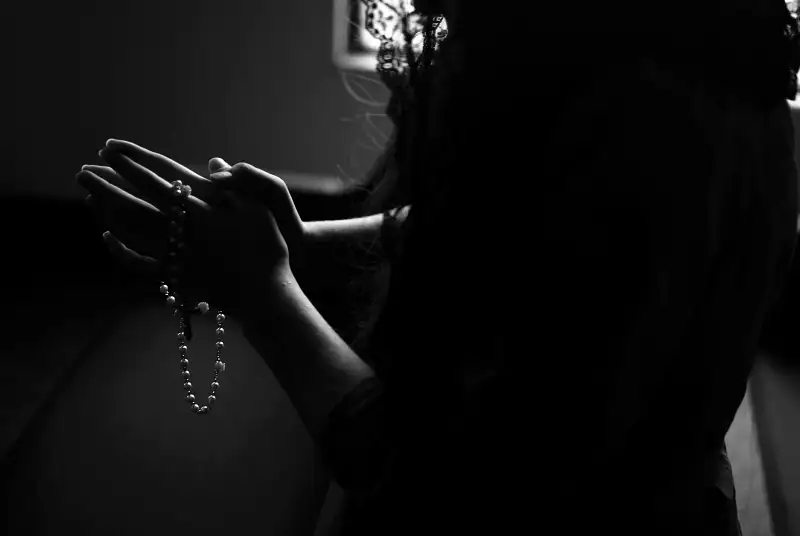Religion has long been a topic of interest and debate within the field of sociology. One particular perspective that has emerged is the feminist view of religion. Feminist scholars have examined religious beliefs, practices, and institutions through a gendered lens, highlighting the ways in which religion can both reinforce and challenge traditional gender roles and power dynamics. In this article, we will outline, explain, and analyze the feminist view of religion.
Outline of the Feminist View of Religion
The feminist view of religion encompasses a range of perspectives, theories, and critiques. However, there are several key themes that emerge within this framework:
- Gender Inequality: Feminist scholars argue that many religious traditions perpetuate and reinforce gender inequality. They examine how religious texts, doctrines, and practices often assign women subordinate roles and limit their access to positions of power within religious institutions.
- Patriarchy and Male Dominance: Feminist theorists also analyze the ways in which religious institutions are often structured around male dominance and patriarchal norms. They highlight the male-centered language, imagery, and leadership within many religious traditions.
- Intersectionality: Feminist scholars emphasize the intersectionality of gender with other social categories such as race, class, and sexuality. They explore how women’s experiences of religion are shaped by multiple forms of oppression and privilege.
- Resistance and Transformation: Finally, feminist perspectives on religion also highlight the ways in which women have resisted and transformed religious traditions. They examine the role of women’s religious movements, feminist theology, and alternative spiritual practices in challenging patriarchal norms and promoting gender equality.
Explanation of the Feminist View of Religion
Feminist scholars approach the study of religion with a critical eye, seeking to uncover and challenge the ways in which religious beliefs and practices can reinforce gender inequality. They analyze religious texts, rituals, and institutions, examining how they shape and reflect gender roles and power dynamics.
One key aspect of the feminist view of religion is the critique of patriarchal language and imagery. Many religious texts and traditions use male-centered language to describe the divine and often depict God as male. Feminist scholars argue that this reinforces the idea that men are closer to the divine and that women are inherently inferior or subordinate.
Feminists also examine the role of women within religious institutions. They highlight the limited opportunities for women to hold positions of leadership and authority, as well as the ways in which women’s voices and experiences are often marginalized or silenced within religious communities. This analysis extends to the examination of women’s roles in religious rituals and practices, where they often occupy subordinate positions or are excluded altogether.
Furthermore, feminist theorists emphasize the intersectionality of gender with other social categories. They recognize that women’s experiences of religion are shaped not only by gender but also by factors such as race, class, and sexuality. This intersectional analysis allows for a more nuanced understanding of how religious beliefs and practices impact women’s lives.
Analysis of the Feminist View of Religion
The feminist view of religion has generated significant insights and critiques within the field of sociology. By examining religion through a gendered lens, feminist scholars have shed light on the ways in which religious institutions can perpetuate and reinforce gender inequality.
However, it is important to note that the feminist view of religion is not monolithic. There are multiple feminist perspectives and theories within this framework, each with its own nuances and areas of focus. Some feminists seek to reform existing religious traditions from within, while others advocate for the creation of alternative spiritual practices that are explicitly feminist.
Furthermore, it is essential to recognize that religious traditions are diverse and complex. While feminist scholars critique aspects of these traditions, they also acknowledge the agency and resistance of women within religious communities. Women have historically played important roles in religious movements and have sought to challenge and transform patriarchal norms.
In conclusion, the feminist view of religion offers a critical and nuanced perspective on the ways in which religious beliefs, practices, and institutions intersect with gender. By highlighting gender inequality, patriarchal norms, intersectionality, and resistance, feminist scholars contribute to a deeper understanding of the complex relationship between religion and gender in society.





